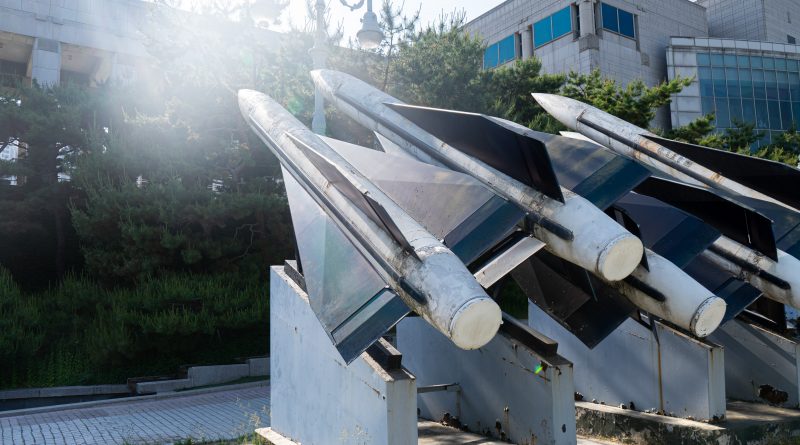Russia Successfully Tests New Hypersonic Cruise Missile
Joshua T. Powanda
Staff Writer
The Russian Defense Ministry has announced the successful test of a new hypersonic cruise missile known as Tsirkon, a move hailed as a “great event” by Russian President Vladimir Putin, according to Barron’s. The missile was fired from the Admiral Gorshkov frigate in the White Sea and hit its target 280 miles away in the Barents Sea in northern Russia. The chief of the Russian military’s general staff, Valery Gerasimov, told Putin that this was the first successful sea launch, Al Jazeera reports.
Although the Tsirkon missile flew at eight times the speed of sound, Business Insider explains that the threat comes not from the speed of the weapon, but from its indeterminable nature. “Despite what the name implies, hypersonic missiles are not a serious threat because of their speed. They are dangerous because they can maneuver and fly along unpredictable flight paths, giving them the ability to skirt missile defenses not designed to counter this type of threat.”
The Russian president explains that this new military achievement is for defensive purposes and that the state is not inclined to start any conflicts. Military Times reports that Russia sought this new weapons’ system to “maintain strategic stability and strategic balance.” However, Russia has often labeled itself as the world’s leader in hypersonic development. Putin has consistently boasted that Russia is the only country in the world to possess such military might. Since Putin’s state-of-the-nation address in February 2019, during which Tsirkon was introduced to the world, the Russian military has continued to develop the weapon. This was done out of hope that Russia could gain the upper hand in the newly-formed arms race with the United States as tensions grow within the western world.
The U.S., the North Atlantic Treaty Organization (NATO), and other concerned entities seem to be playing catch-up when it comes to developing and defending against hypersonic weapons. According to Military Times, Secretary of Defense Mark Esper believes that the U.S. is still years away from such weapons. While these weapons seem to be a priority for the American government, given the status of Russia’s program, there is also growing concern of the penetrability of Tsirkon. Putin claims that the new hypersonic weapons are impenetrable by any current American defense system.
Russia is in a unique position in its relationships with the U.S. and the West as a whole. Unlike the Cold War, during which the Soviet Union (USSR) was always behind the U.S. in weapons development, the roles seem to be reversed. Throughout the Cold War era, the USSR was forced to catch up to the Americans when it came to the atomic bomb, strategic bombers, and intercontinental ballistic missiles. According to US News, Russia will continue to build-up, modernize, and advance its military capabilities as tensions over arms control become a highlight in the U.S.-Russia relationship. These tensions have further concretized due to U.S. withdrawal from the 1987 Intermediate-Range Nuclear Forces Treaty, and the impending expiration of the Strategic Arms Reduction Treaty in February of 2021.
Whether Putin’s claim that Tsirkon is a purely defensive weapon is accurate or not, its development alters the military balance of power between Russia and the West. The Western world, led by the U.S., must now catch up to Russia’s hypersonic advancements to deter the threat it poses. Deterrence from such an attack is essential for American national security. In order to maintain America’s military superiority in the international system, the U.S. must develop its own arsenal of hypersonic weapons and defense systems to combat the growing Russian escalation of arms. Defense News reports that while Putin wishes to “ensure the defense capability” of Russia “in the long term,” the U.S. must match this defensive military status.


